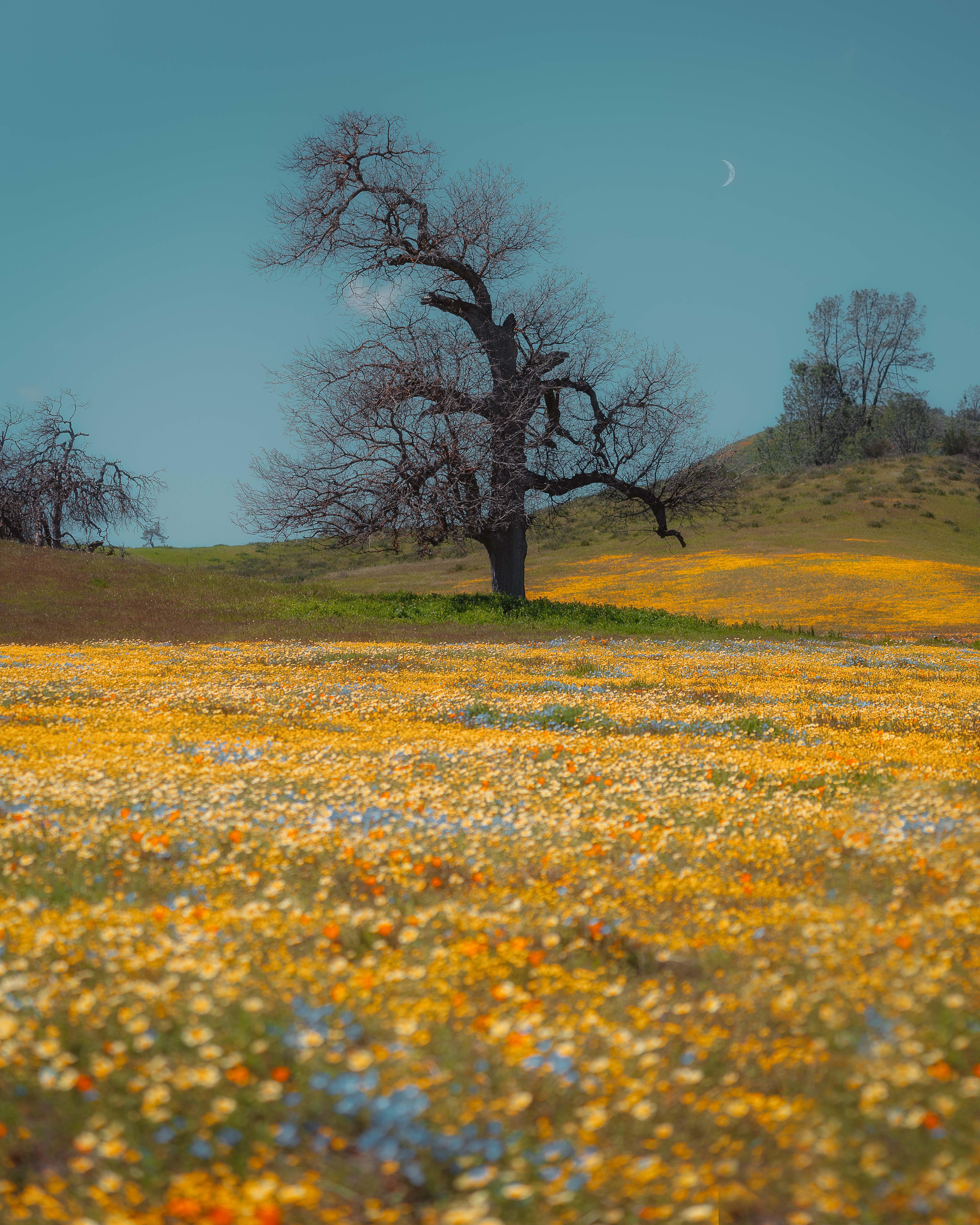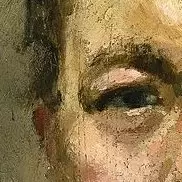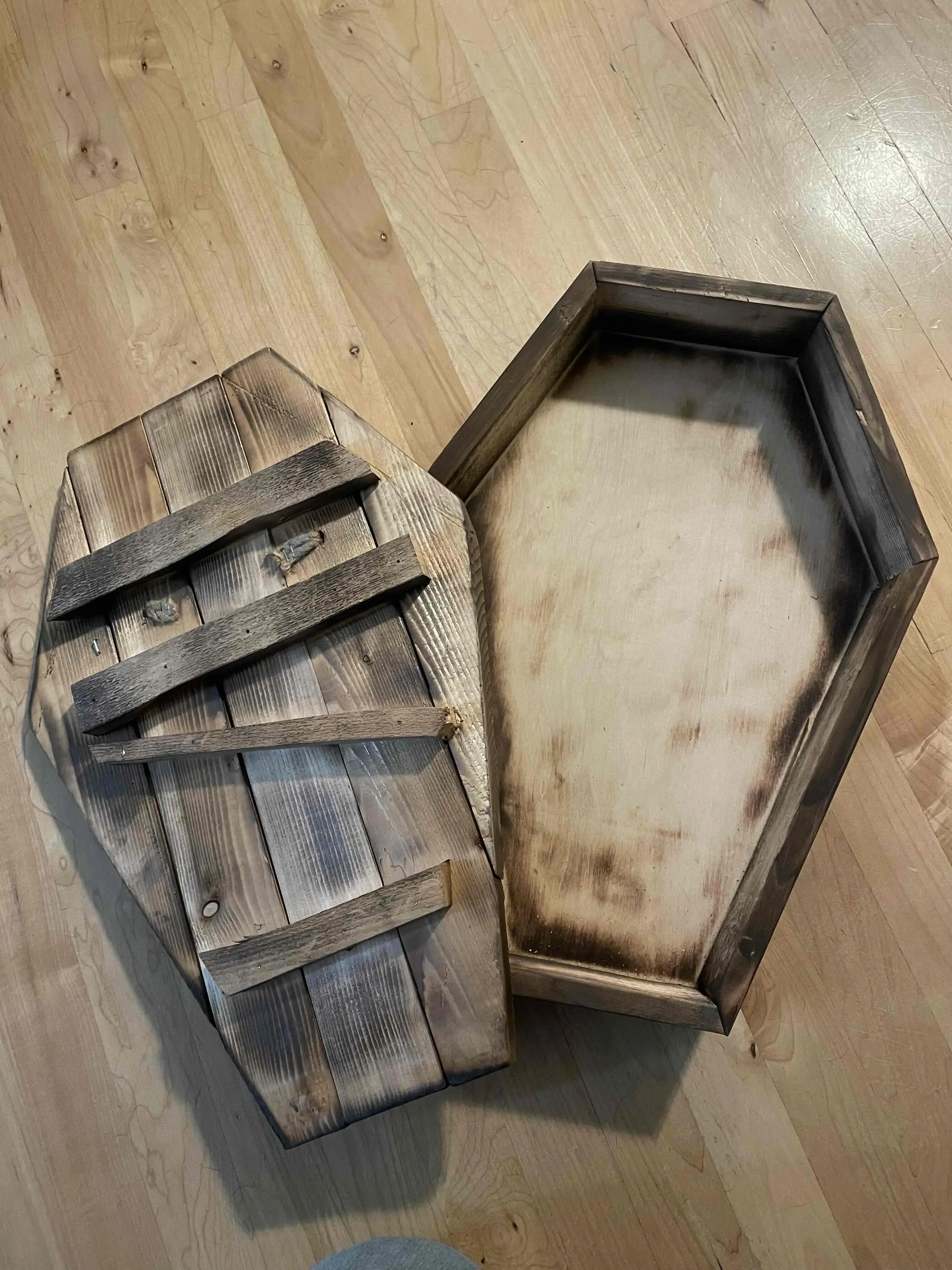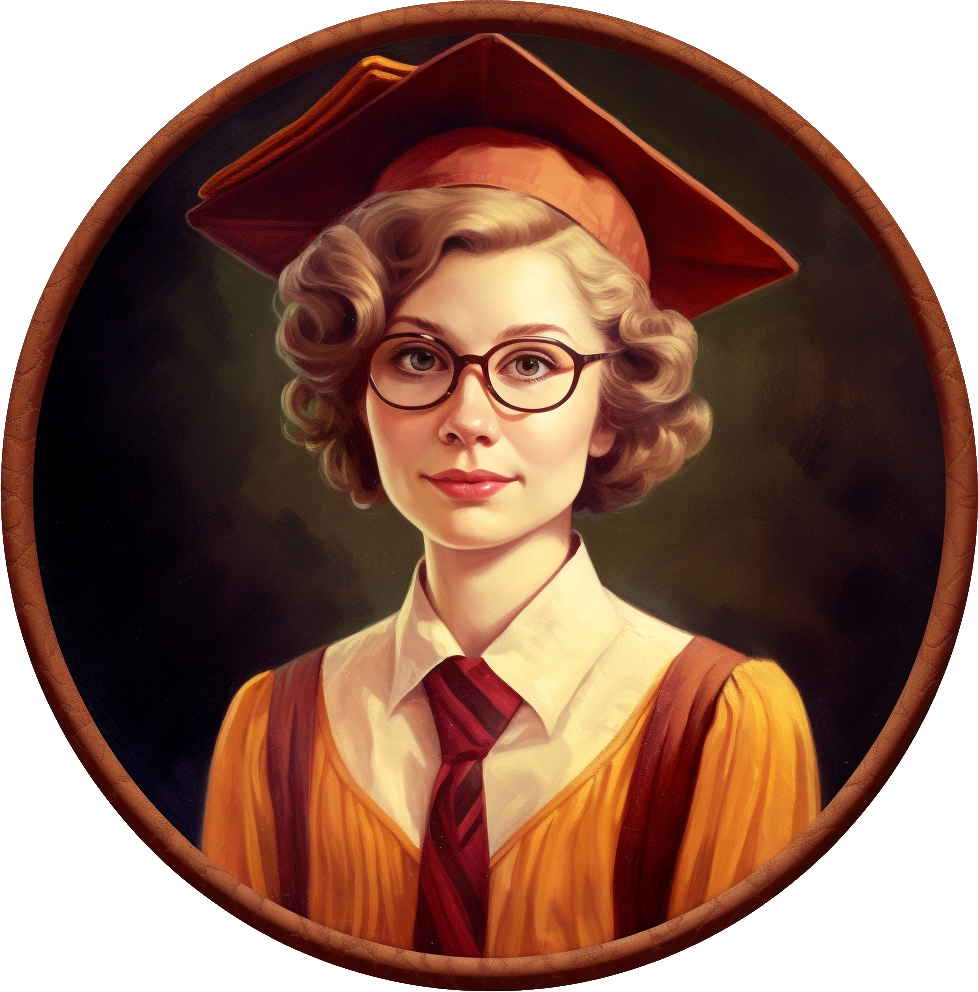Are you an artist? I don’t know many artists with your perspective, but I don’t want to say artists never have this perspective.
As someone with higher education in studio arts, I can’t speak for all artists. But I can say, in my experience, the cognitive skills that allow an artist to break a subject down into base, renderable components aren’t particularly burdened by familiarity. Like, I don’t think it’s harder to realistically paint my face, or my spouse’s face, etc. than it is to paint anyone else’s face. Part of that is just that it’s generally hard to render faces realistically without adding stylistic choices or bridging over the tricky parts, whether the face is familiar or not. Again, just my experience.
I also don’t think realism or “visually accuracy” is necessary for a good self portrait. Sometimes the self portrait is an introspective exercise. Sometimes a self portrait is not representative of our physical self at all, or is fully abstract.
This self portrait is lovely, especially since I feel like (read: don’t know for sure) based on the title that he tried to capture his expressive emotions during a vulnerable moment. It’s raw.













Dude, there wasn’t any other option in the primaries. No one else was running. Seriously running against an incumbent in your own party is basically political suicide.
Palmer was the closest and I didn’t even know his name until after our primary. It was only a good move for him because he was already an outsider who just wanted some publicity.
Basically, you either voted for Biden because iTs ThE rIgHt ThInG tO dO, or because He’S tHe iNcUmBeNt…
…or you desperately, nihilistically voted uncommitted.